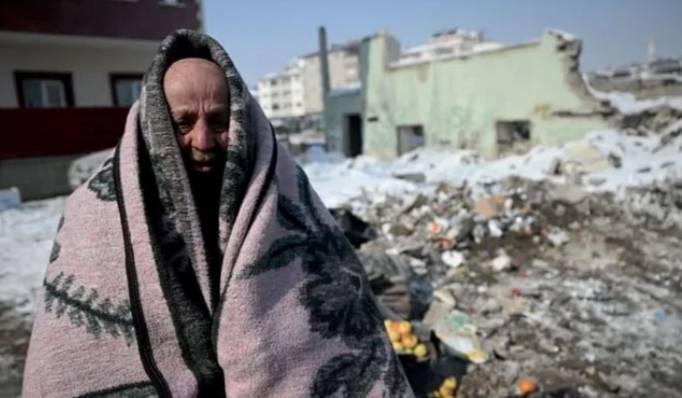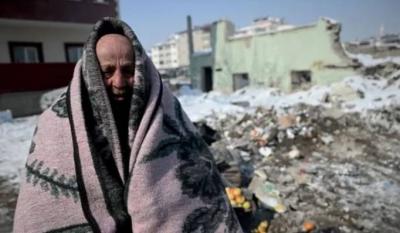The World Health Organization announced on Saturday that the number of people affected by the devastating earthquake that struck Turkey and Syria this week has reached approximately 26 million, warning of damage to dozens of hospitals. With the death toll exceeding 25,000, the UN-affiliated organization launched an urgent appeal to raise $42.8 million to help meet health care needs in emergency and critical situations.
The organization had already released $16 million from its emergency fund and initially reported that around 23 million people were affected by the earthquake. However, this number has since risen to 26 million, comprising 15 million in Turkey and 11 million in Syria. More than 5 million of these individuals are considered at high risk, including approximately 350,000 elderly and over 1.4 million children.
Estimates from the World Health Organization indicate more than 4,000 buildings have collapsed due to the earthquake, and around 15 hospitals have sustained partial or significant damage. In Syria, where the health system has been weakened by a war that began in 2011, at least 20 health facilities in the northwest, including 4 hospitals, have been impacted. This situation complicates the delivery of assistance to the tens of thousands of people injured in the disaster.
With the influx of trauma patients into emergency departments, the World Health Organization warns of a severe disruption to essential health services. The agency emphasized the urgent need for immediate care for trauma victims, rehabilitative care post-trauma, essential medications, and preventive measures to avert disease outbreaks, as well as mental health care.
The organization aims to save lives immediately after the disaster and minimize its long-term health consequences, including mental health, while swiftly restoring essential health services for all populations affected by the earthquake.
On Thursday, the organization airlifted 37 metric tons of trauma and emergency surgical supplies to Turkey and delivered 35 metric tons to Syria on Friday. These life-saving supplies are intended to treat 100,000 people and conduct 120,000 emergency surgeries in both countries. A third flight carrying similar supplies is expected to arrive in Syria on Monday.
Upon his arrival in Aleppo on Saturday, WHO Director-General Tedros Adhanom Ghebreyesus tweeted, expressing his heartbreak upon witnessing the conditions faced by survivors, highlighting the severe cold and significant limitations regarding shelter, food, water, heating, and health care.




